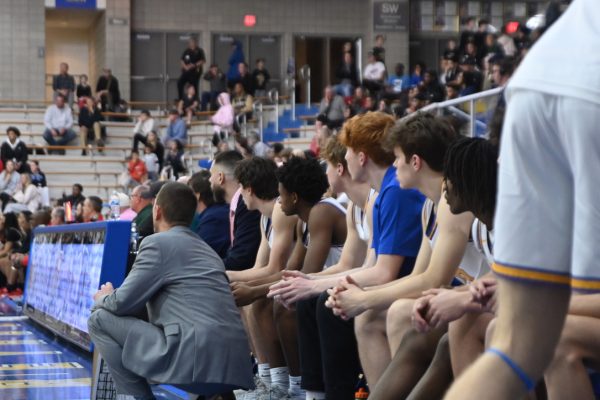CHS athletes and coaches discuss the effect of outspoken parents on the players
Coach Conway crouches from the sidelines and instructs players on the field while the rest of the team watches. The men’s lacrosse team is 10-5-0 for the season.
“When I was reffing one game, I was the center ref, I was the only ref, and this one lady wouldn’t stop screaming at me. This mom, she would yell at every call I made. She told me that I needed to check the rule book. I actually witnessed one time when I was co-reffing with someone and I was a sideline ref, and I watched the center ref have to kick out two parents because they were screaming, and they were cursing, and it was crazy,” Lauren Latham, soccer player, referee and sophomore said.
Latham said she notices parents acting out when she is reffing younger kids’ games, but she said she rarely sees a parent act out during CHS games. There are countless articles in the news reporting on specific stories about situations in which parents acted out and had to leave the field, or how the parents behaviors have grown over the years, and how it has pushed younger athletes away from sports. Like Latham, many CHS students will not notice parents acting out at their games but may witness it in other places.
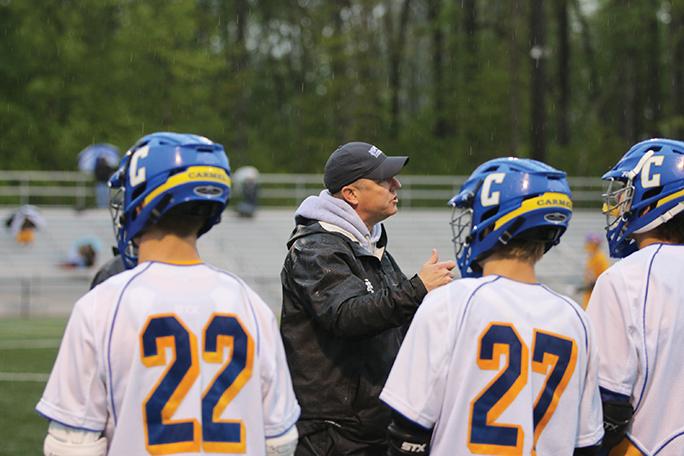
Head coach Tom Coons explains game situations to his team to help them grow their knowledge of the game. Coons has been coaching lacrosse for 27 years and has coached CHS lacrosse since 2010.
Athletics Director Jim Inskeep said he has noticed more behavior from parents at younger children’s games, especially after watching his own son play on his fifth-grade travel soccer team and basketball team.
“I think it’s a much worse situation at the lower age levels. I couldn’t quite put my finger on it, other than the expectations that parents have on their kids at this very young age is unbelievable. I mean it is almost like the life and death games for whatever reason,” Inskeep said.
Latham also noticed this trend with more behavior coming from younger children.
Latham said, “During my games, the parents are actually way better. When you’re with younger kids games, their games get really bad. The parents are crazy because they haven’t learned yet.”
 Inskeep said another factor to why CHS doesn’t hear parents acting out often is because unlike club, the environment is much bigger. At a club match the environment is usually much smaller exposing more conversation.
Inskeep said another factor to why CHS doesn’t hear parents acting out often is because unlike club, the environment is much bigger. At a club match the environment is usually much smaller exposing more conversation.
“What makes club season a lot different is that you’re on this soccer field usually in the middle of nowhere, there might be 40 people there, but you can hear every conversation going on. The smaller numbers really lends itself to these awkward situations where you can hear everything that is being yelled at the official, everything that is being yelled at kids on another team, which then leads to parents of that kid defending their own kid or their own situation. There have been some uncomfortable times,” Inskeep said.
Inskeep said it’s not necessarily that parents at CHS aren’t acting out, but because our game venues are so large, athletes, coaches and officials can’t hear the behavior.
“Take it to the high school level, and a lot of the (behavior) works it’s way out through the middle school, but a lot of our venues are so large that you can’t hear because there’s so much noise. You can’t hear these individual things going on,” Inskeep said.
Inskeep gave the example of the home basketball games and football games that CHS holds at home. He mentioned that with all of the students cheering and talking, parents small remarks are often lost in the overall noise of conversation. Opposing sides sit on different sides of a field, so when that field has a lot of fans, the noise naturally goes up, and opposing sides can’t hear what is being said about them.
Although Inskeep’s ideas about conversation may fit larger games and matches, AJ Shaheen, lacrosse player and senior, said the coaches at lacrosse games are closer to the bystander’s seating. Shaheen, along with other athletes have rarely noticed parents acting out, but he does know that if they do, a coach would be able to hear it.
“When we play indoor, the bench is closer to the stands, so I know that they’ve gotten upset with parents saying stuff during games because they can hear it better. During the regular season, I don’t know if they can hear it as much, or if they pay attention, but it would probably upset them if they heard it,” Shaheen said.
Angie Stevens, lacrosse player and sophomore, said she has noticed a parenting acting out before. She knew it was not intentional, but it can affect a player.
“I feel like the comments that you hear (are noticed by) your parents, and then your parents tell you about it,” Stevens said. “It can make the athlete’s feel discouraged sometimes and let them (think they are not) playing to their best ability, when sometimes they are, but they just don’t feel like it.”
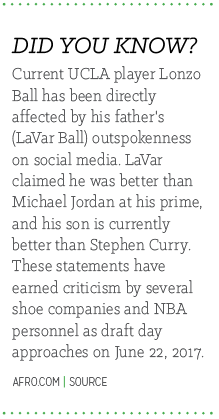
Lacrosse head coach Jack Hettiger said he really hasn’t noticed parents acting out in all of his coaching.
“I can say I’m lucky. In twenty years, I’ve never seen anyone come on to a field or to be attacked or anything like that. I was involved in a situation last year in an away game where a parent had to be removed because they were screaming and yelling inappropriate things,” Hettiger said.
Like Stevens, Hettiger said when a parent does act out, it usually brings unwanted attention to an athlete. From Hettiger’s point of view, he said he agrees the parent’s behavior can affect an athlete.
“It impacts the kid that is involved, to see your parents or whatever else out there. It’s a negative impact on that child or that player. I think it impacts (the athlete) more than it does the outcome of the game. I think that good sportsmanship all the way around is important, from the fans to the players to the coaches. I haven’t really seen it impact the outcome of the game, but I think it really impacts the kids in the game,” Hettiger said.
Inskeep also mentioned that parents at CHS, don’t usually act out because they don’t want to embarrass their athlete.
“I think that our parents overall are very cognizant of not embarrassing their child in front of them. So, while they may have the same feelings about bad officiating, their methods for doing that are to usually talk about it rather than yell about it. (The upset parent) might talk to the other parent, or their spouse, or whomever they’re sitting next to in the stands in disbelief of what ever has happened. Very, very few are interested in bringing attention to themselves in those situations,” Inskeep said.
Inskeep also said that while CHS doesn’t notice the behavior as much, it can come from the opposing team as well.
Inskeep said, “We see it different in a lot of different places depending on where we play, who the opponent is or what the sport is, it’s all over the board. A tennis match is usually very quiet, usually. We do have a couple of schools that we compete against where there become very intense situations, in which sometimes the coaches have to become involved.”
Your donation will support the student journalists of Carmel High School - IN. Your contribution will allow us to purchase equipment and cover our annual website hosting costs.



















![Joseph Broman, Mu Alpha Theta sponsor, grades tests for his honors precalculus/trigonometry class. Broman said, “I’m retiring from the Math Club next year and I’m just going to do Mu Alpha Theta so I can focus on that one and we can do more [speaker series] first semester.”](https://hilite.org/wp-content/uploads/2024/03/IMG_9502-1200x900.jpg)











![British royalty are American celebrities [opinion]](https://hilite.org/wp-content/uploads/2024/03/Screenshot-2024-03-24-1.44.57-PM.png)




















![Review: “The Iron Claw” cannot get enough praise [MUSE]](https://hilite.org/wp-content/uploads/2024/04/unnamed.png)
![Review: “The Bear” sets an unbelievably high bar for future comedy shows [MUSE]](https://hilite.org/wp-content/uploads/2024/03/unnamed.png)
![Review: “Mysterious Lotus Casebook” is an amazing historical Chinese drama [MUSE]](https://hilite.org/wp-content/uploads/2024/03/0.webp)
![Thea Bendaly on her Instagram-run crochet shop [Biz Buzz]](https://hilite.org/wp-content/uploads/2024/03/IMG_0165-1200x838.jpg)
![Review: Sally Rooney’s “Normal People,” is the best book to read when you are in a time of change [MUSE]](https://hilite.org/wp-content/uploads/2024/03/20047217-low_res-normal-people.webp)
![Review in Print: Maripaz Villar brings a delightfully unique style to the world of WEBTOON [MUSE]](https://hilite.org/wp-content/uploads/2023/12/maripazcover-1200x960.jpg)
![Review: “The Sword of Kaigen” is a masterpiece [MUSE]](https://hilite.org/wp-content/uploads/2023/11/Screenshot-2023-11-26-201051.png)
![Review: Gateron Oil Kings, great linear switches, okay price [MUSE]](https://hilite.org/wp-content/uploads/2023/11/Screenshot-2023-11-26-200553.png)
![Review: “A Haunting in Venice” is a significant improvement from other Agatha Christie adaptations [MUSE]](https://hilite.org/wp-content/uploads/2023/11/e7ee2938a6d422669771bce6d8088521.jpg)
![Review: A Thanksgiving story from elementary school, still just as interesting [MUSE]](https://hilite.org/wp-content/uploads/2023/11/Screenshot-2023-11-26-195514-987x1200.png)
![Review: When I Fly Towards You, cute, uplifting youth drama [MUSE]](https://hilite.org/wp-content/uploads/2023/09/When-I-Fly-Towards-You-Chinese-drama.png)
![Postcards from Muse: Hawaii Travel Diary [MUSE]](https://hilite.org/wp-content/uploads/2023/09/My-project-1-1200x1200.jpg)
![Review: Ladybug & Cat Noir: The Movie, departure from original show [MUSE]](https://hilite.org/wp-content/uploads/2023/09/Ladybug__Cat_Noir_-_The_Movie_poster.jpg)
![Review in Print: Hidden Love is the cute, uplifting drama everyone needs [MUSE]](https://hilite.org/wp-content/uploads/2023/09/hiddenlovecover-e1693597208225-1030x1200.png)
![Review in Print: Heartstopper is the heartwarming queer romance we all need [MUSE]](https://hilite.org/wp-content/uploads/2023/08/museheartstoppercover-1200x654.png)























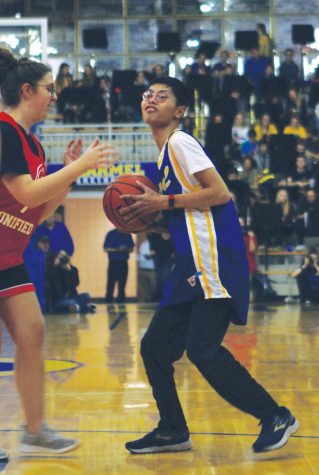
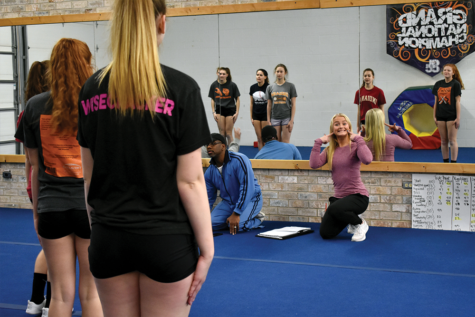
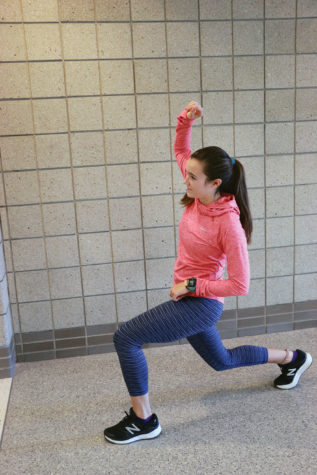
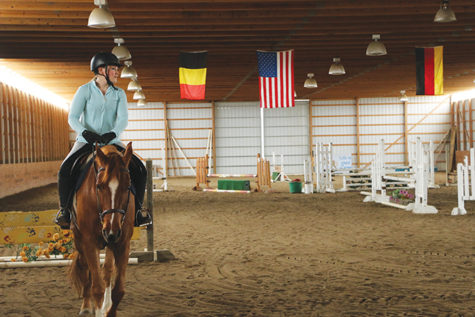

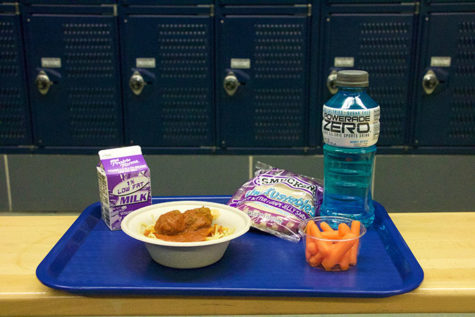
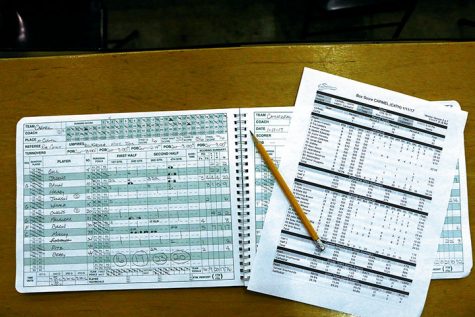
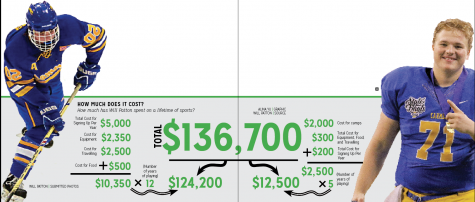
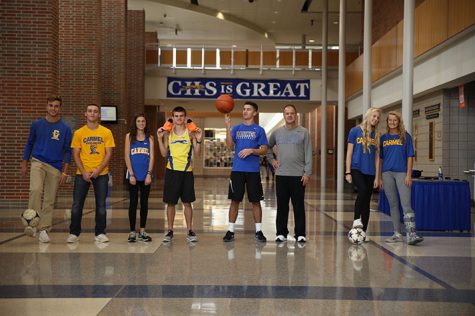
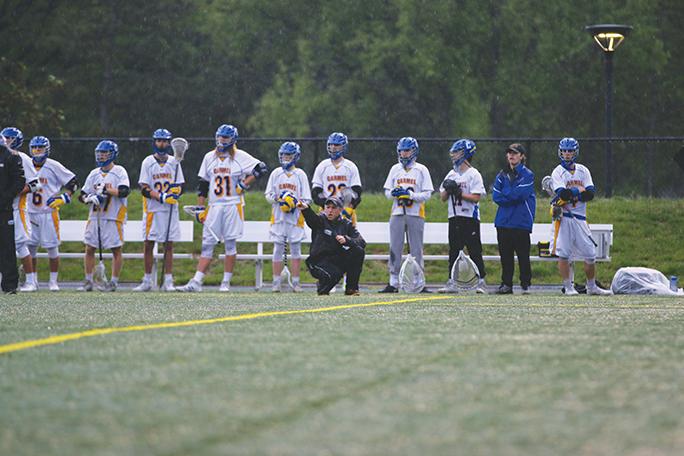
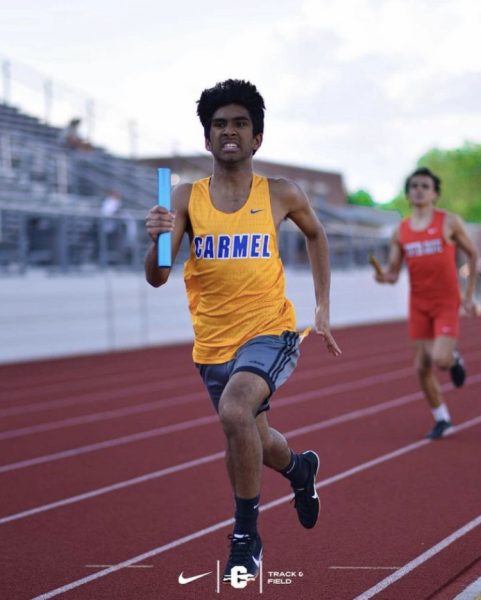
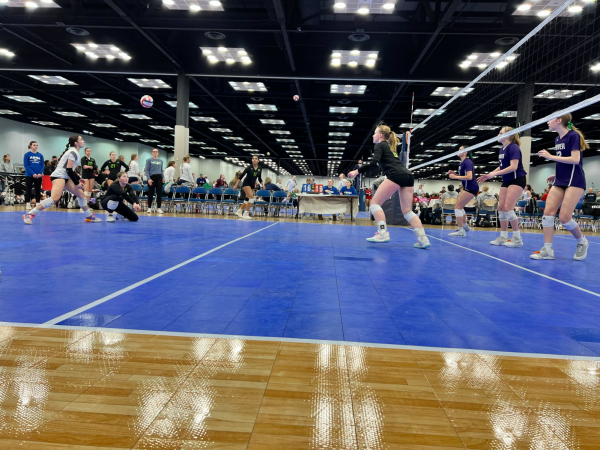
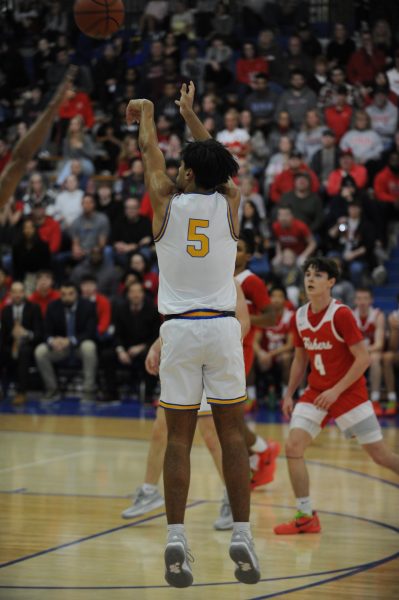
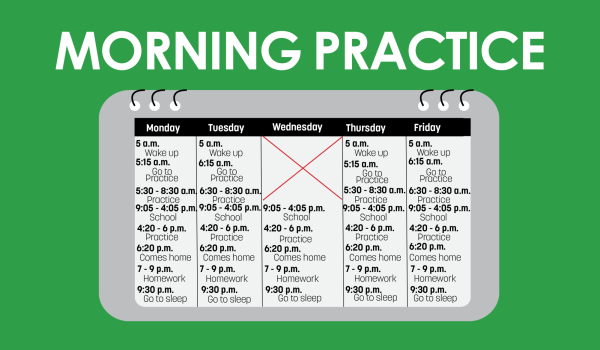
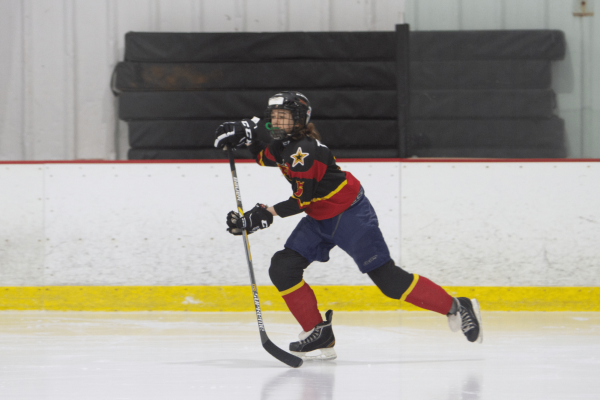
![Lewis Hamiltons move to Ferrari will limit his future success [opinion]](https://hilite.org/wp-content/uploads/2024/02/caitlinfollmanperspectivesf1-600x235.png)
![Lewis Hamiltons switch is a step forward for Ferrari [opinion]](https://hilite.org/wp-content/uploads/2024/02/keirakressperspectivef1-600x235.png)
